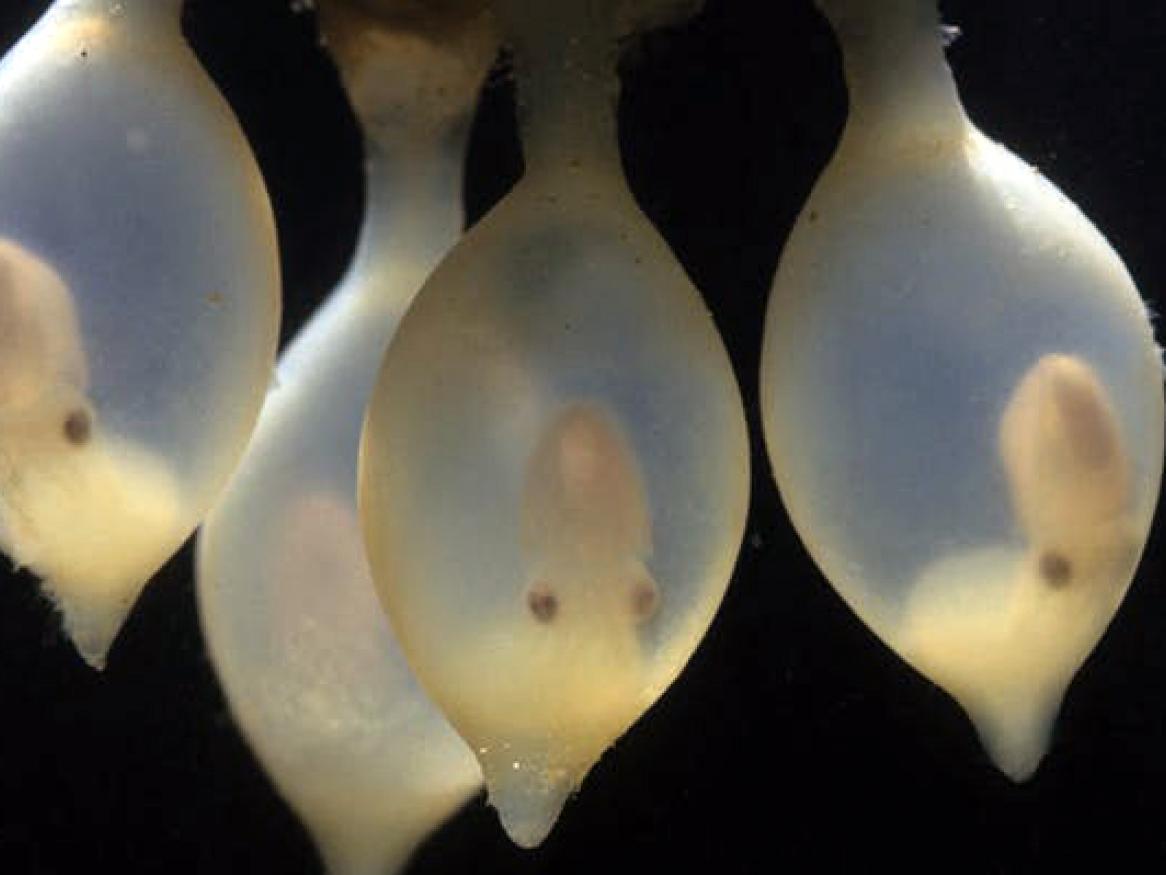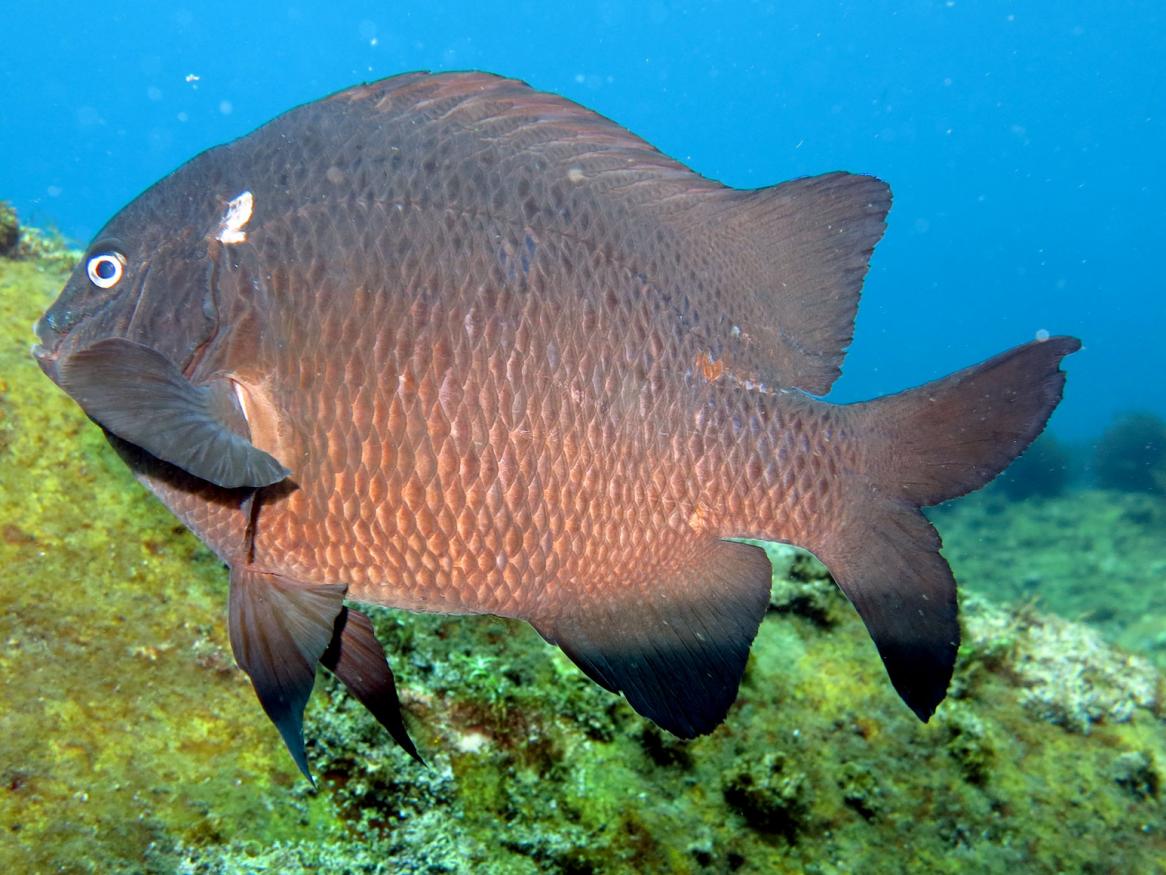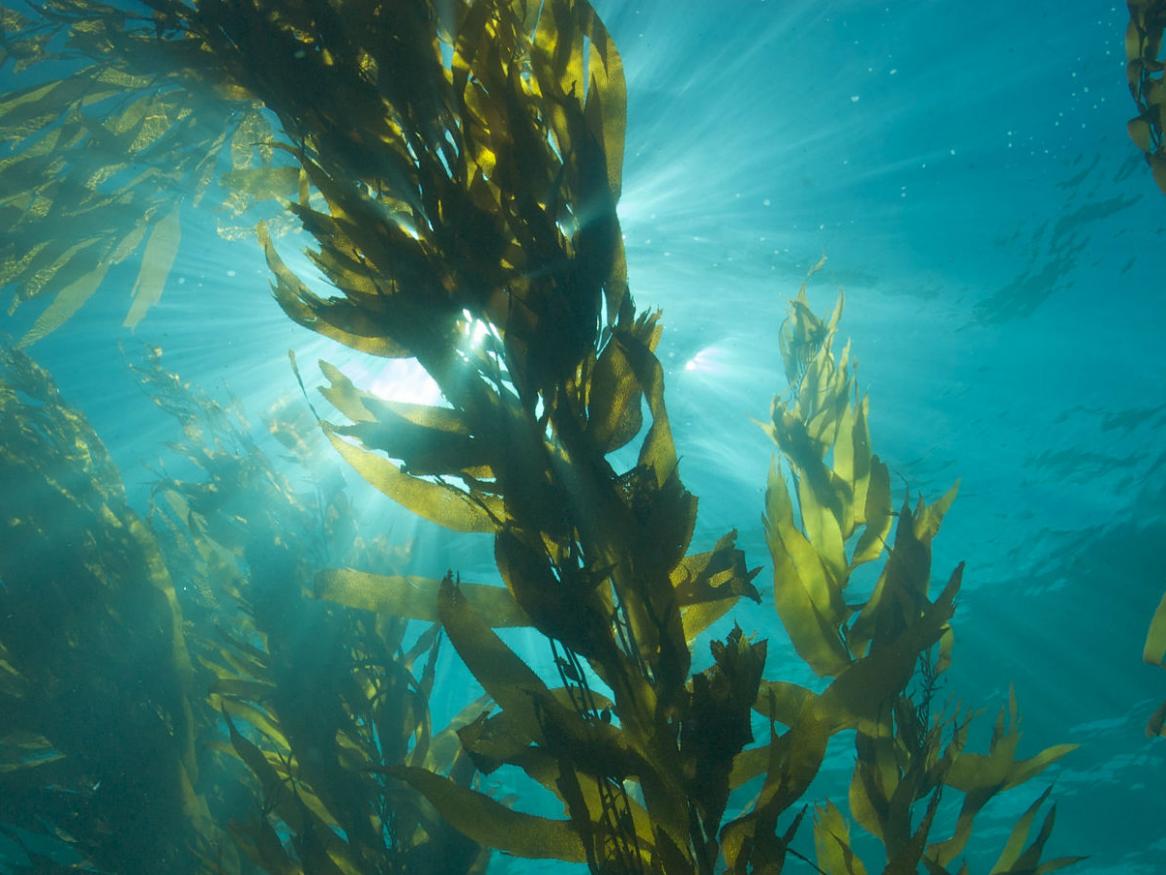News: Environment Institute
When pets become pests: the exotic pet trade producing invasive species

Scientists are learning more about what drives the exotic pet trade to help reduce the threat of new invasive animal and bird species.
[Read more about When pets become pests: the exotic pet trade producing invasive species]
Higher biodiversity means healthier humans

Scientists find restoring environments to include a wider range of species can promote ‘good’ bacteria over ‘bad’.
[Read more about Higher biodiversity means healthier humans]
Uncovering long-term growth histories in fishery species

Jasmin Martino investigates the use of ear stone chronologies for understanding long-term trends and drivers of growth in fisheries.
[Read more about Uncovering long-term growth histories in fishery species]
Urban biodiversity to lower chronic disease

Replanting urban environments with native flora could be a cost effective way to improve public health.
[Read more about Urban biodiversity to lower chronic disease]
The secret lives of fish

Biologists need a careful understanding of population characteristics and dynamics to sustainably manage wild fish.
Why we're watching the giant Australian cuttlefish

We're spying on hundreds, even thousands of tentacled organisms with their unusual distinctive W-shaped eye pupils, and pulsating colours.
[Read more about Why we're watching the giant Australian cuttlefish]
Plant fossils show the Snowy Mountains were once a lush rainforest

Lilly Pilly fossils found in old gold mines of the Snowy Mountains, prove the region was once a lush rainforest without snow.
[Read more about Plant fossils show the Snowy Mountains were once a lush rainforest]
Researchers discover some fish species might actually benefit from climate change

Research on damselfish living in high CO2 conditions shows that some populations of fish species might actually benefit from climate change.
[Read more about Researchers discover some fish species might actually benefit from climate change]
Scientists dive deep to save sinking oyster population

School of Biological Sciences and Environment Institute researchers are involved in Australia’s largest ever oyster reef restoration project.
[Read more about Scientists dive deep to save sinking oyster population]
Weeds take over kelp in high carbon dioxide oceans

Weedy plants will thrive and displace long-lived, ecologically valuable kelp forests under forecast ocean acidification, new research from the University of Adelaide shows.
[Read more about Weeds take over kelp in high carbon dioxide oceans]
